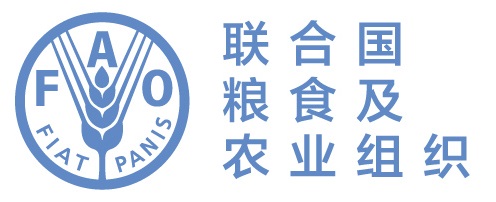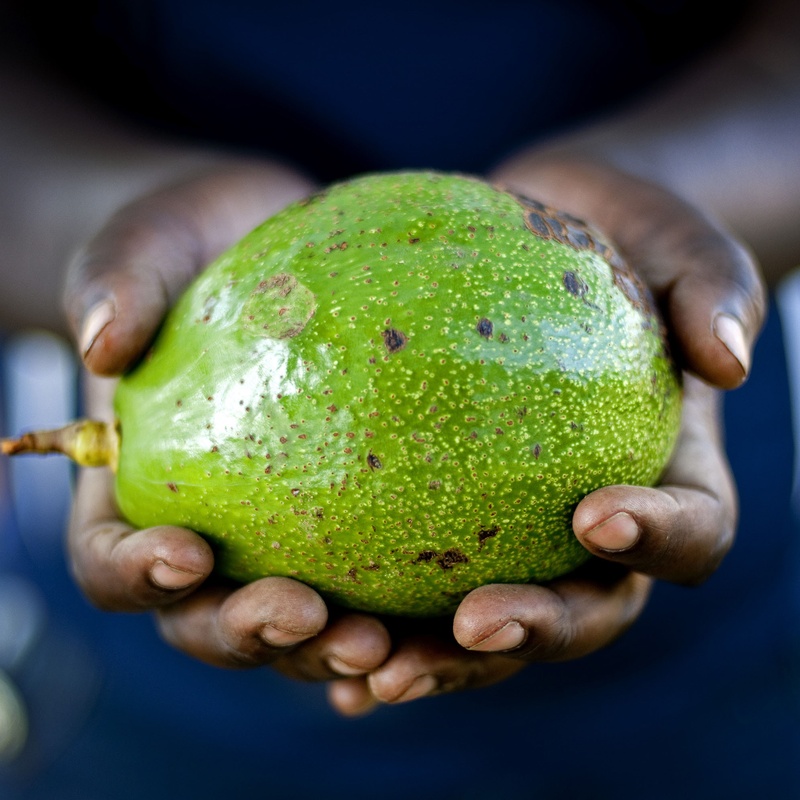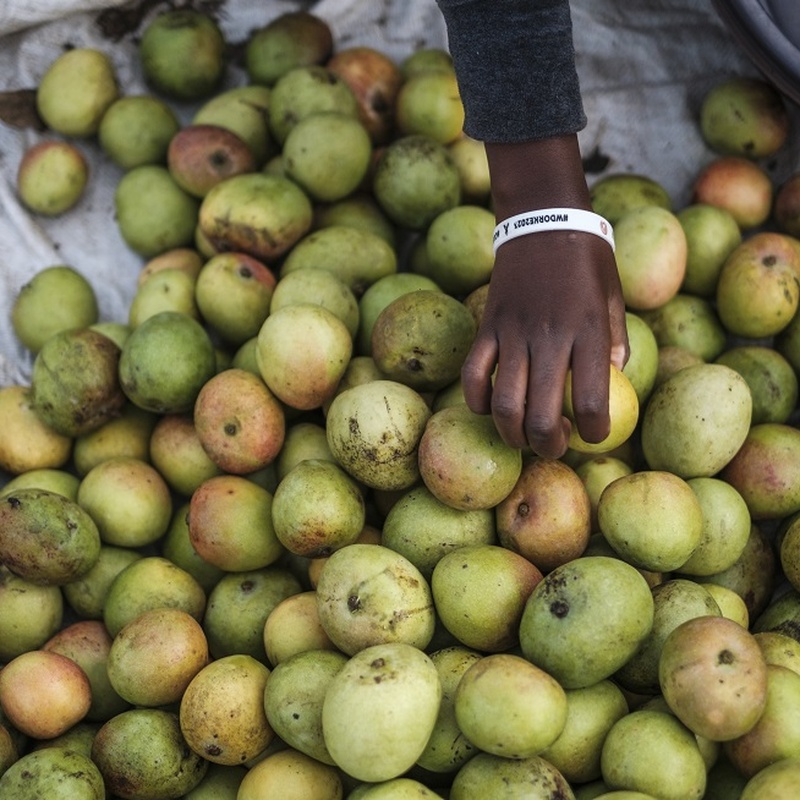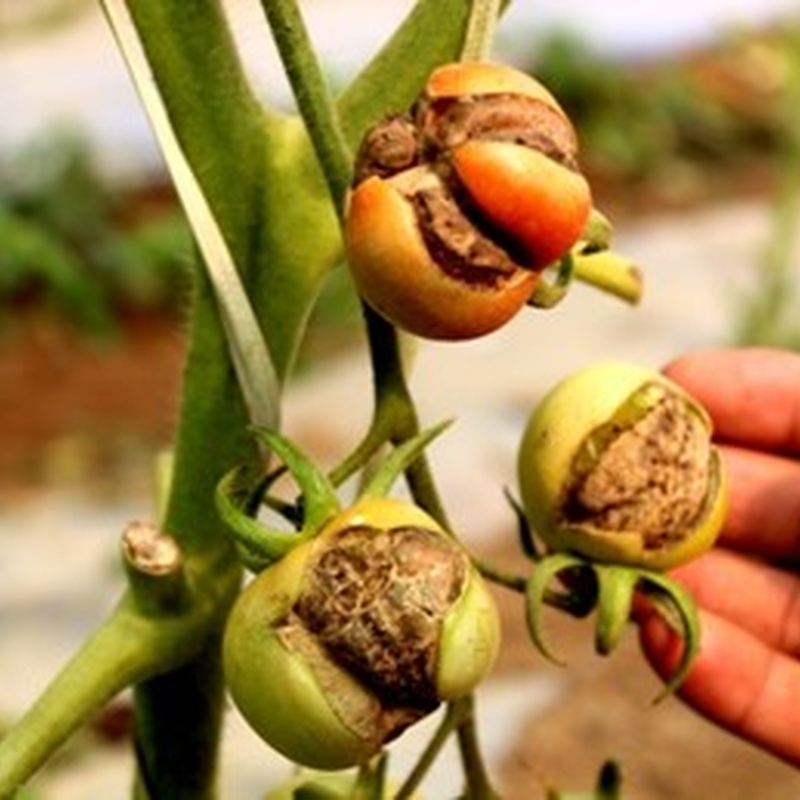Strengthening Food Control and Phytosanitary Capacities and Governance
Strengthening Food Control and Phytosanitary Capacities and Governance (GCP/GLO/949/EC)
Budget: USD 7,075,947 (total), USD 2,400,000 approximately (phytosanitary component) Start: January 2022 End: June 2025
The role of sound phytosanitary and food control systems
Strongly equipped and well-functioning national food control systems and phytosanitary systems are essential prerequisites to guarantee plant health and safe and healthy food to citizens on one hand, and to comply with World Trade Organization (WTO) requirements for international trade on the other hand.
Weak food control systems threaten public health and fail to meet export market standards. Similarly, an inadequate national phytosanitary system allows plant pests to harm production, the environment, and restrict market access. Tackling these challenges demands a systematic approach, using measurable indicators and common procedures to align with international trade requirements and standards.
Our commitment to plant health and food safety
The Food control system assessment (FCSA) tool, developed by the Food and Agriculture Organization of the United Nations (FAO) and World Health Organization (WHO), and the Phytosanitary Capacity Evaluation (PCE) tool, developed by the IPPC Secretariat, offer globally accepted methods for evaluating national food control and phytosanitary systems. These tools prioritize needs and provide recommendations. Promoting common approaches aligns mindsets based on international standards, supporting regional harmonization and enhancing trade dialogue at regional and global levels.
The European Commission is providing seven million USD to conduct ten FCSA and eleven PCEs in COMESA countries from January 2022 to June 2025.
A full spectrum of phytosanitary activities the project accounts for
The project accounts for the following phytosanitary activities:
- Develop and implement a training program for phytosanitary specialists on the use and implementation of the IPPC Phytosanitary Capacity Evaluation process and tool, ensuring quality control and appropriate use of the methodology. This is in line with the specification Knowing and Understanding the IPPC – plant health or protection officer training curricula (2017-054);
- Carry out Phytosanitary Capacity Evaluations in 11 COMESA countries, prepare a comprehensive analysis on SPS capacities and gaps, undertake consultations with targeted countries and develop a plan to address identified gaps at national and regional level, in line with the PCE Strategy 2020-2030; -Provide technical advice feeding into specific areas of work supporting the African Union processes aiming at strengthening phytosanitary systems (including policy frameworks, indexes, early warning systems, scientific basis for decision-making, advocacy and capacity development activities).
Key plant health achievements within the project
As of now, nine COMESA countries - Djibouti, Eswatini, Kenya, Malawi, Mauritius, Rwanda, Seychelles, Zambia, Zimbabwe - have successfully validated their PCEs within the project in 2023. All reported concrete benefits immediately after having concluded a PCE. Furthermore, thanks to the project extension granted by the European Commission, two more countries – Egypt and Uganda - are set to commence their PCE processes in early 2024. For detailed information on the accomplishments related to the assessment of the phytosanitary component of the project, please refer to our news articles below.
News items and spotlights
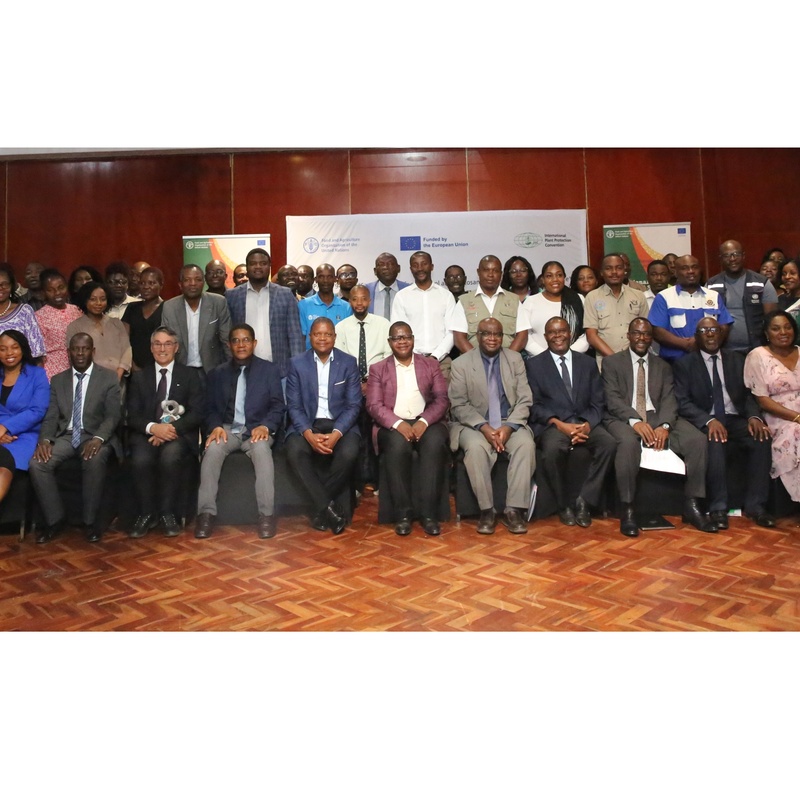
19 February 2024
Zimbabwe concludes evaluation of national phytosanitary system, starts developing strategy to enhance plant health
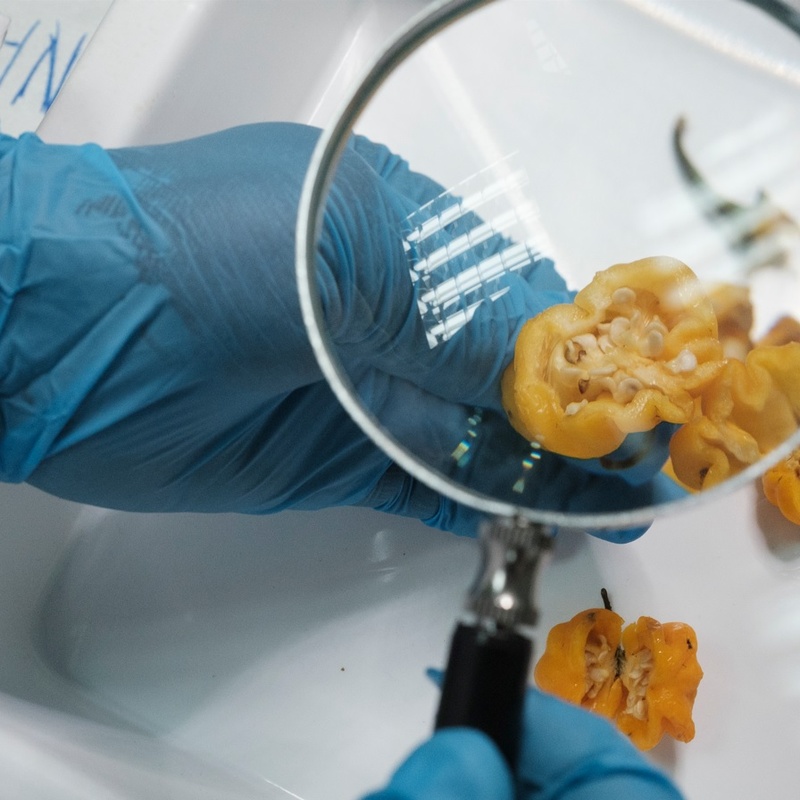
31 January 2024
How the IPPC’s Phytosanitary Capacity Evaluation exercises boosted plant health in 2023
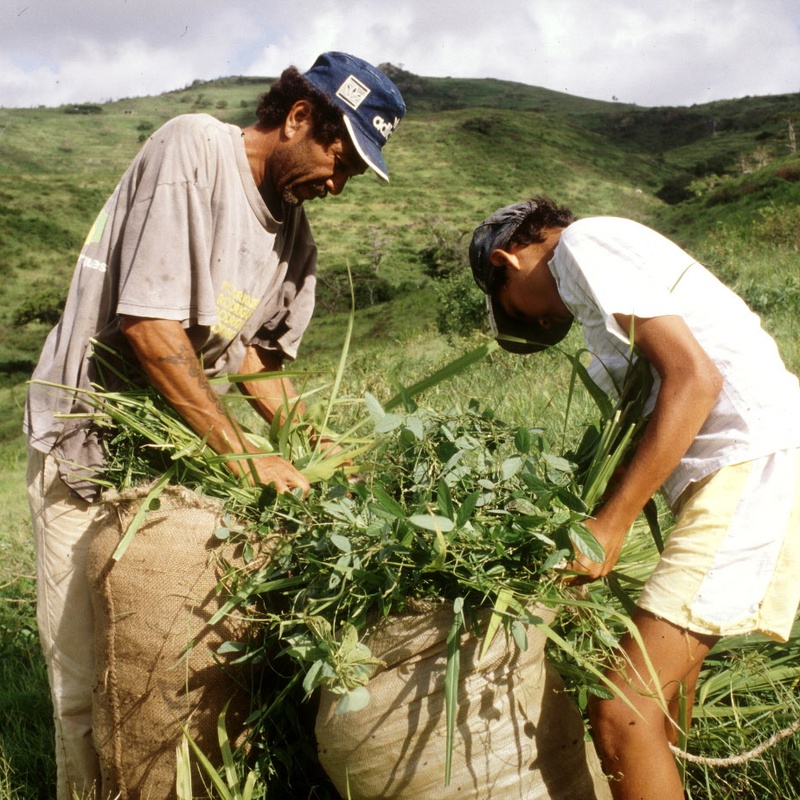
30 November 2023
Mauritius concludes evaluation of national phytosanitary system
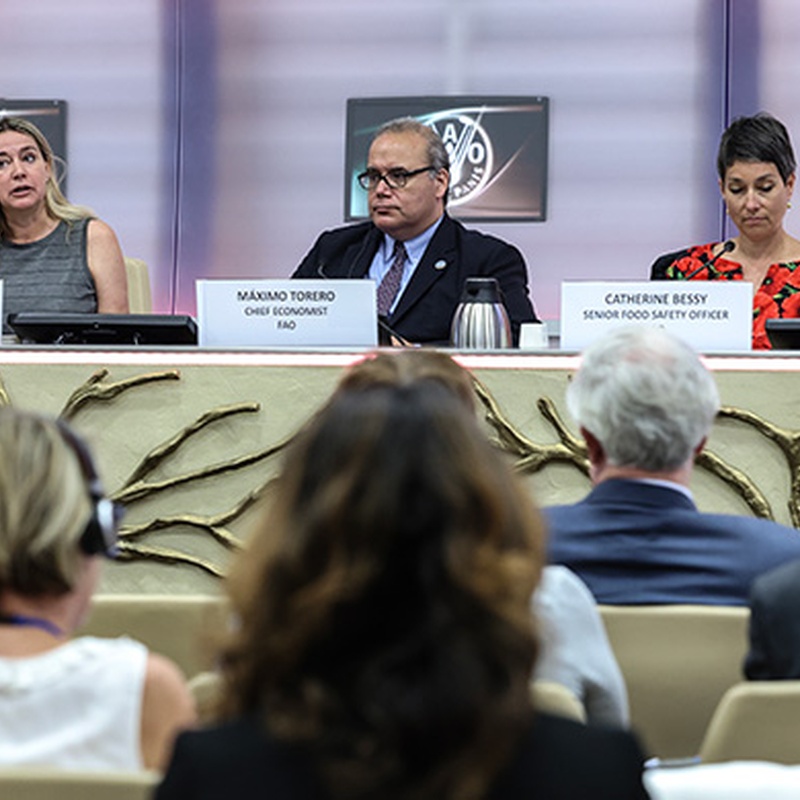
14 June 2023
A project assessing food control and plant health systems in Africa on the spotlight during World Food Safety Day
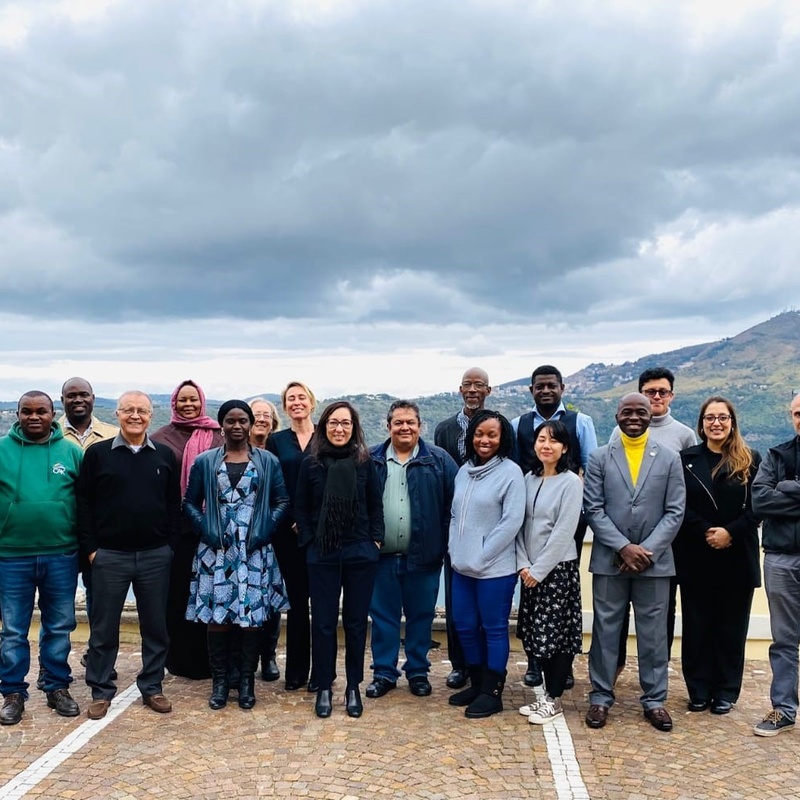
14 December 2022
IPPC Secretariat held training for facilitators in Phytosanitary Capacity Evaluation
Project factsheet
Strengthening phytosanitary capacities project factsheet:
| 标题 | Files | Publications date |
|---|---|---|
| Strengthening phytosanitary capacities project factsheet |
En |
12 Jul 2023 |
